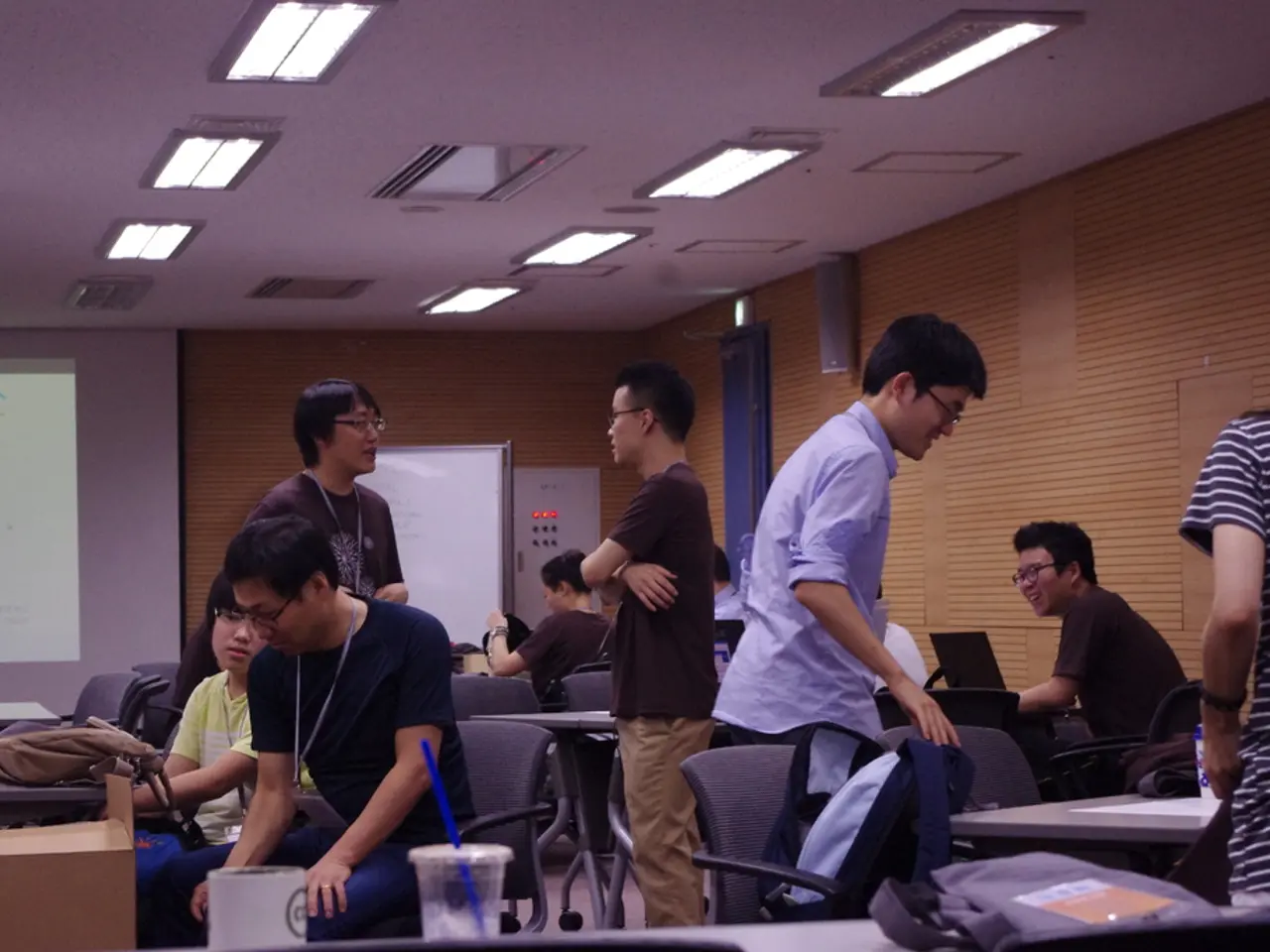Impact of Digital Learning Tools in Nigerian Schools
In Nigeria, educational technology is playing a significant role in bridging the urban-rural education gap. This transformative approach offers remote access to digital learning resources, mobile learning platforms, and digital literacy programs that are currently scarce in rural areas due to infrastructure and teacher competency disparities.
A key challenge faced by rural schools is limited access to digital tools. Only about 12% of public rural schools offer computer studies, compared to 89% in private urban schools [1]. This digital divide severely limits rural students’ exposure to crucial 21st-century skills.
Mobile learning technologies, however, offer a practical solution. Mobile phone penetration is expanding in Nigeria, including rural areas. These technologies can deliver educational content flexibly and scalably, helping overcome challenges of few schools, overcrowding, and lack of qualified teachers in rural communities [2].
The Nigerian government is also taking steps to integrate digital literacy into rural primary and secondary schools. Agencies like NITDA and UBEC have partnered to provide digital skills early, improving job prospects and reducing youth unemployment in rural areas [4].
However, success depends on funding, teacher training, sustaining access to digital devices and internet, and monitoring program implementation [4]. Currently, many rural teachers lack ICT skills, and schools suffer from poor infrastructure including no labs or libraries, which hinders effective technology integration [1][3].
To address these challenges, educational technology requires substantial investment, teacher training, and infrastructure development. Public-private partnerships offer schools valuable training support, with organizations such as EduSkill Initiative providing workshops to deepen educators' tech skills. Ongoing training equips teachers with essential skills to use educational technology effectively [5].
The Nigerian government has allocated funds specifically for educational technology improvement, and has developed a comprehensive technology framework for education, setting clear guidelines for infrastructure, teacher training, and curriculum updates [6]. The government also promotes partnership with private and international technology firms to support schools in acquiring modern learning technologies [7].
Strategies for bridging the digital divide among Nigerian students include expanding infrastructure and connectivity, providing affordable digital devices, enhancing digital literacy and teacher training, developing relevant educational content, encouraging community and parental involvement, and supporting inclusive education practices [8].
School administrators should prioritize technology training in their professional development plans, allocating time and resources for hands-on technology workshops. The Ministry of Education launched the Digital Learning Enhancement Fund, providing grants to schools implementing technology-based projects [9].
Students benefit from personalized learning through adaptive software, fostering critical thinking and problem-solving skills. However, security and privacy concerns, such as identity theft and cyberbullying risks, require schools to implement robust cybersecurity measures for safe usage [10].
In summary, educational technology—especially mobile learning and government-backed digital literacy programs—can help close Nigeria’s urban-rural education gap by improving access to technology, addressing teacher capacity, and delivering curricular innovations tailored to rural contexts. However, it requires substantial investment, teacher training, and infrastructure development to reach its full potential.
- The lack of access to digital tools in rural schools is a significant issue, with only 12% of public rural schools offering computer studies compared to 89% in urban private schools.
- Mobile learning technologies, popular in Nigeria due to mobile phone penetration, offer a practical solution, providing scalable educational content that helps overcome challenges in rural communities.
- The Nigerian government is trying to integrate digital literacy into rural schools through agencies like NITDA and UBEC, aiming to improve job prospects and reduce youth unemployment.
- Success in integrating educational technology depends on factors such as funding, teacher training, maintaining access to digital devices and internet, and monitoring program implementation.
- To address these challenges, public-private partnerships, infrastructure development, and ongoing educator training are crucial, with organizations like EduSkill Initiative offering workshops to develop tech skills among educators.
- School administrators should prioritize technology training in their professional development plans and allocate resources for hands-on workshops, while students benefit from personalized learning through adaptive software, but also face potential security and privacy risks that necessitate robust cybersecurity measures for safe usage.




